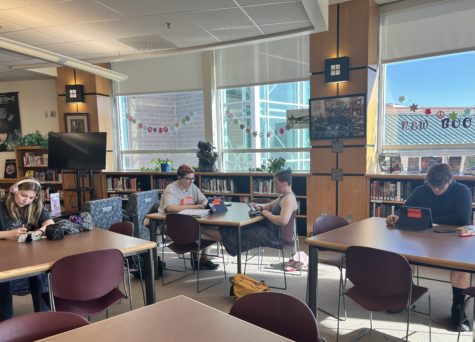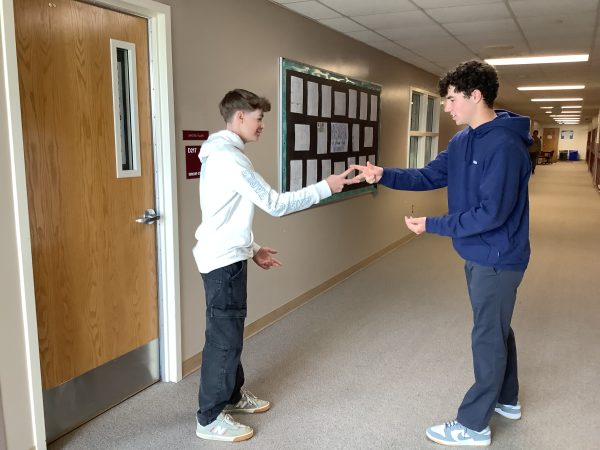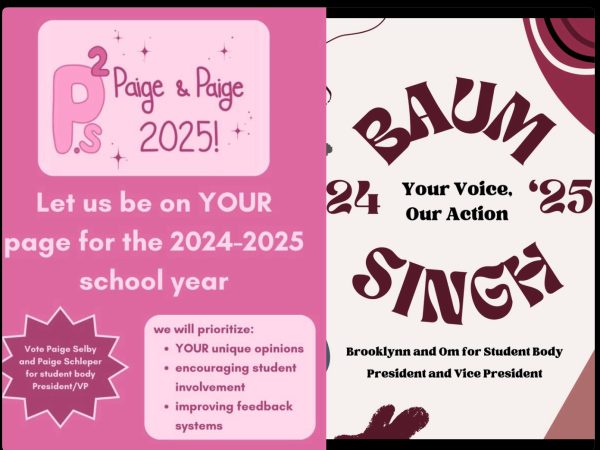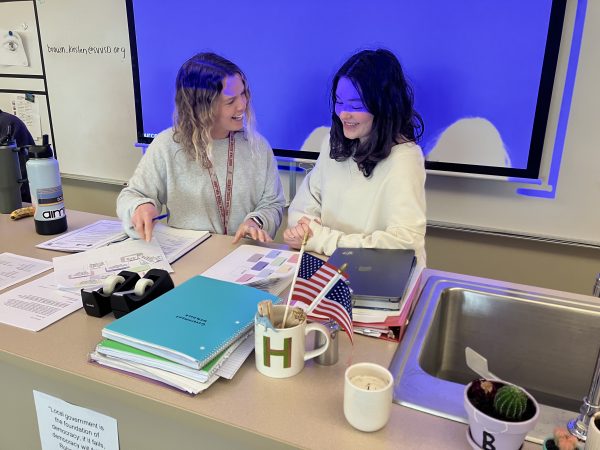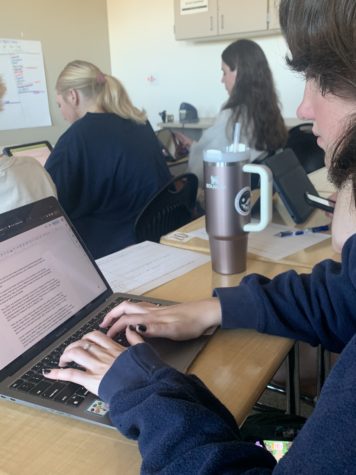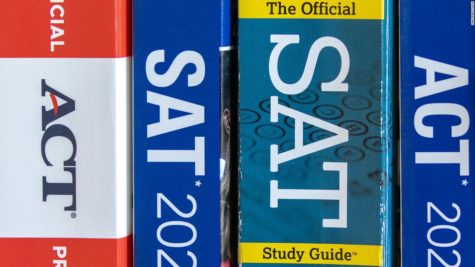OpEd: English and Literature, Connecting Students to the World
Courtesy of Jared Dettlebach
Jason Lathrop helps students before class on Wednesday May 3rd. Malia Amaya, Patience Bebout, Clay Choi, Cece Couch, Alex Deputat, Benjamin Eggen, Katie Nadeau, Madeleine Netherton, Lennon Ostteen, and Conor Zaruby wait for class to start in room D204.
Johann Wolfgang von Goethe once said: “The decline of literature indicates the decline of a nation.”
Of course, go on the internet, and one will find a plethora of students who readily disagree. So many of these students question why one should read ‘To Kill a Mockingbird’ or poke fun at English teachers’ analysis of metaphors and such.
This may be harmless fun; however, one should not neglect that there is a reason for this education. Students should understand how deeply rooted English and literature is in their lives and culture.
Whilst a Science Technology Engineering and Mathematics (STEM) based career seems to be the future and is superior from an economic standpoint, English and literature form the very base of society. English is the basis of communication which is of utmost importance from the practical standpoint of job applications and such to the basis of improving our connections. This is how improved English simply improves society. Not to mention that literature is also deeply important because it communicates ideas and builds empathy. It is because these subjects are so quintessential to one’s connections that they greatly affect culture and community. Hence, the decline of either, would mean the decline of our nation and society as a whole.
But what does English and literature teach, and how does it improve people and society? Kristin Holtz, Silver Creek’s instructional librarian and media specialist, who has been teaching subjects like English, journalism, speech and debate, theater, and so on for 23 years, explains.
“Learning reading and writing can help you no matter what your future holds because you become a better communicator and a better thinker,” Holtz says.
Again, communication is at the base of our society. It is how we carry out law, explain mechanics, argue about politics, and do day to day things like fill out paperwork and send emails. English improves our communication skills so that everything runs more efficiently, misunderstandings are lessened, and it is how we gain respect.
These subjects also teach critical thinking. English teaches students to structure their writing, to strengthen statements through vocabulary and language, and to convey arguments on a professional level through critical thinking and with the use of evidence. This is not a skill needed only for politics and press, but now, due to social media and such, everyone is able to convey opinions. Knowing how to write an argument allows students to understand them. With these skills students can decipher arguments, develop their own takes, and cast aside less educated opinion statements.
English and literature decide one’s societal fate, whether they are victimized or inspirational. Improved English, not just when it comes to vocabulary and grammar, but in articulation, displays one’s intelligence. This becomes more and more important as the world becomes more connected. Jason Lathrop, who has been an English teacher for more than 28 years, conveys this importance for the future.
“Being able to read critically, to pick up on subtle things, to pick up when somebody is trying to influence you, to persuade you, to understand what techniques they are using to do that, is more critical now than it’s ever been,” Lathrop says. “In the volume of garbage that is sent to us every day, people have to be able to read intelligently and read between the lines.”
Evidently, these subjects are very important prospectively. However, they seem to be somewhat declining as fewer and fewer students aim for English majors and such. The New Yorker found that in the last ten years (as of February 27, 2023), English and history majors fell by a third. What effect will this have on the future?
“The readers are the ones who see that future a little bit differently and I think we will lose out on some of that if we don’t see more people going into English and the liberal arts,” Holtz says.
This is similar to the iconic line that Ian Malcolm (played by Jeff Goldblum) states in ‘Jurassic Park’, “Your scientists were so preoccupied with whether they could, they didn’t stop to think if they should.” And that is the readers’ and writers’ job, to question if they should. So really, English and literature are the philosophical core of society. This brings up another important element, especially in literature: empathy. Literature communicates ideas, but also emotions.
“Understanding ourselves better by reading about other people’s experiences [and] fictional experiences, and understanding their experiences better by applying our own,” Lathrop says. “I think that’s the cool thing about a book, a good one causes you to reflect upon your own similar experiences.”
As the world becomes more online, there sprouts more barriers that isolate people. As this isolation increases, we have a greater need for empathy, not only to understand other perspectives, but to better understand our own, to know we aren’t alone.
It must also be noted that we have this access to education where others don’t. Where education is required in the United States of America, students in other countries must go to great lengths to get it, or be forced into a different kind of lifestyle.
“There are places on this earth right now where children who are exceptionally poor, cannot go to school,” Holtz says. “They don’t get that opportunity and what their lives end up being is hard labor.”
We have the opportunity to learn and should accept it. Though some will choose livelihoods that require less English and literacy, they still speak and use English, it is integral to our society. Ulric Pierce, a Freshman at Silver Creek believes in these subject’s connection to how one communicates.
“For most [Americans], English is the only language that they speak, so why not refine it?” Pierce says.
He is right, the United States Census Bureau found that seventy-eight percent of Americans only speak English. This means that the majority of Americans only have one way to express themselves. How can students hope to truly express themselves if they are hindered by their limited articulation? Students must understand that language is not something that one knows or does not know. It is something where one constantly grows. Everyday people learn more and more, their wisdom and life improves with this. The only way to stop learning is through ignorance, this is not a proud achievement, but rather a burden on society.
So, to reiterate the overall question: why are English and literature important? And why do students need it in the future? Well, it forms the future, and the world around them.
Every era of humanity is better evolved and educated than the last. This era is not an exception. Humanity constantly changes. New ideas develop, more challenges separate us, but if one can learn so much in one lifetime, imagine how much the human race learns over generations.
Previously, labor was the only career path, now it is not. Literature used to be limited in ideas and audience, now it is freely available and contains endless ideas. English and literature help us learn from the past, communicate with each other, and prepare for the future. Yes, technology builds the future, but it is critical thinking and communication that visualizes that future, that spreads culture, and that prepares students for both of these.
Literature creates and defines society, so yes, a decline in literature would decline the nation.

Jared Dettlebach is in ninth grade holding a passion for writing and literature. He is taking Journalism to im -prove his writing and develop journalistic...
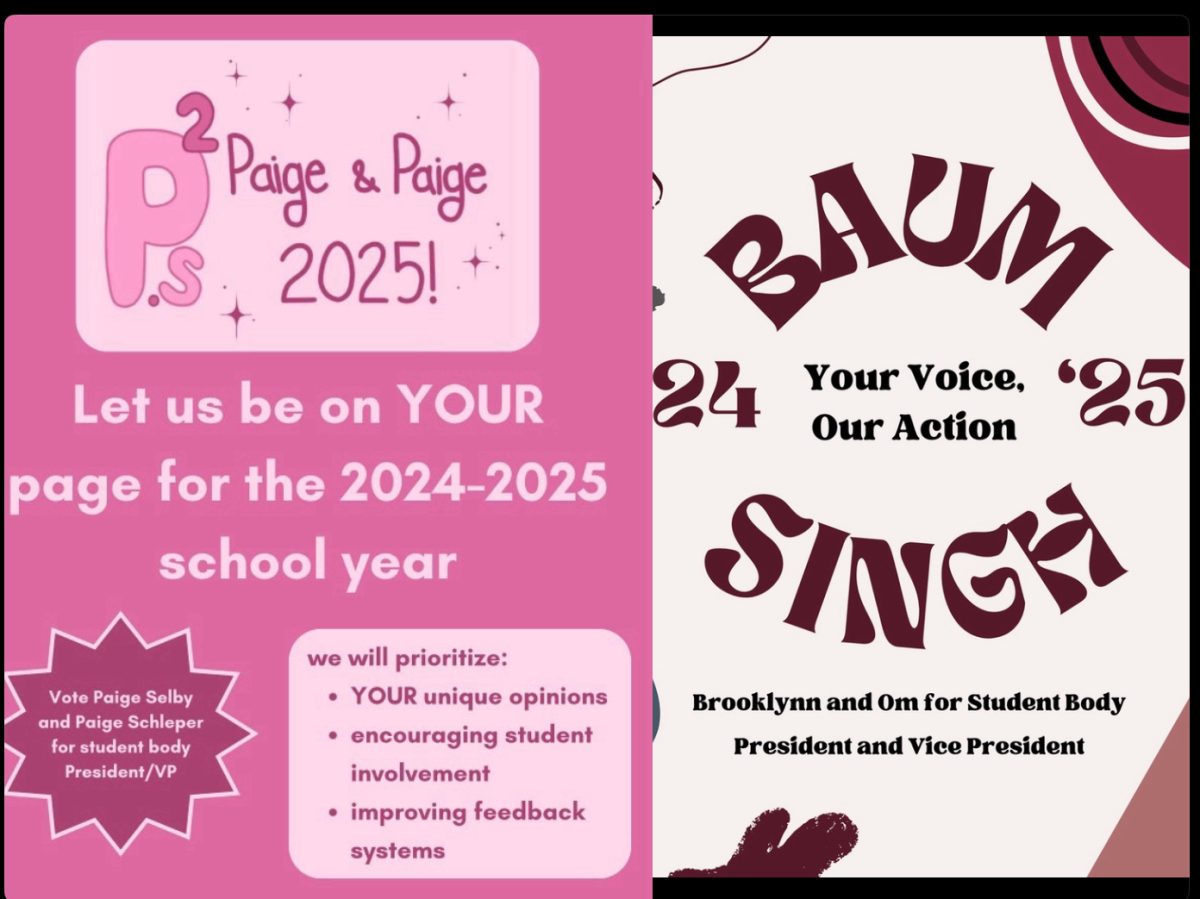

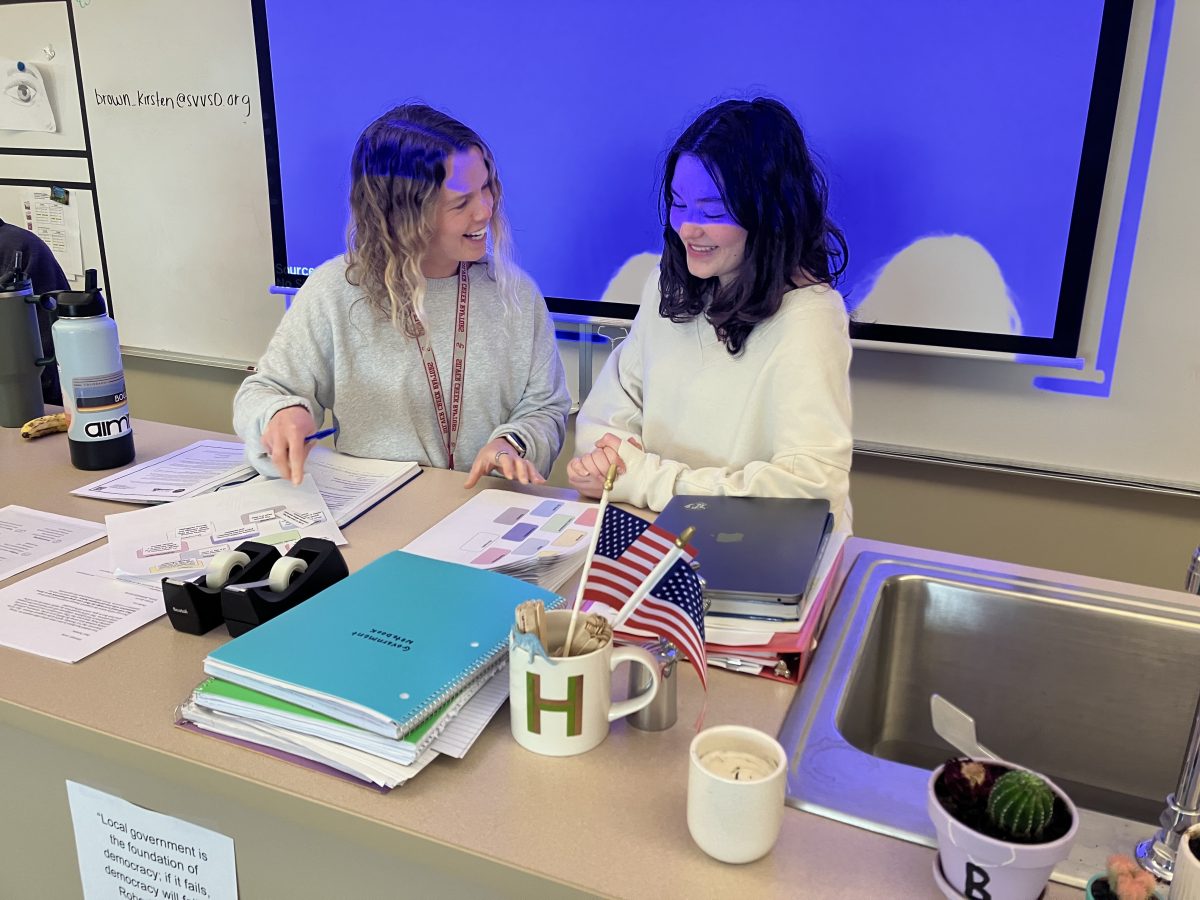
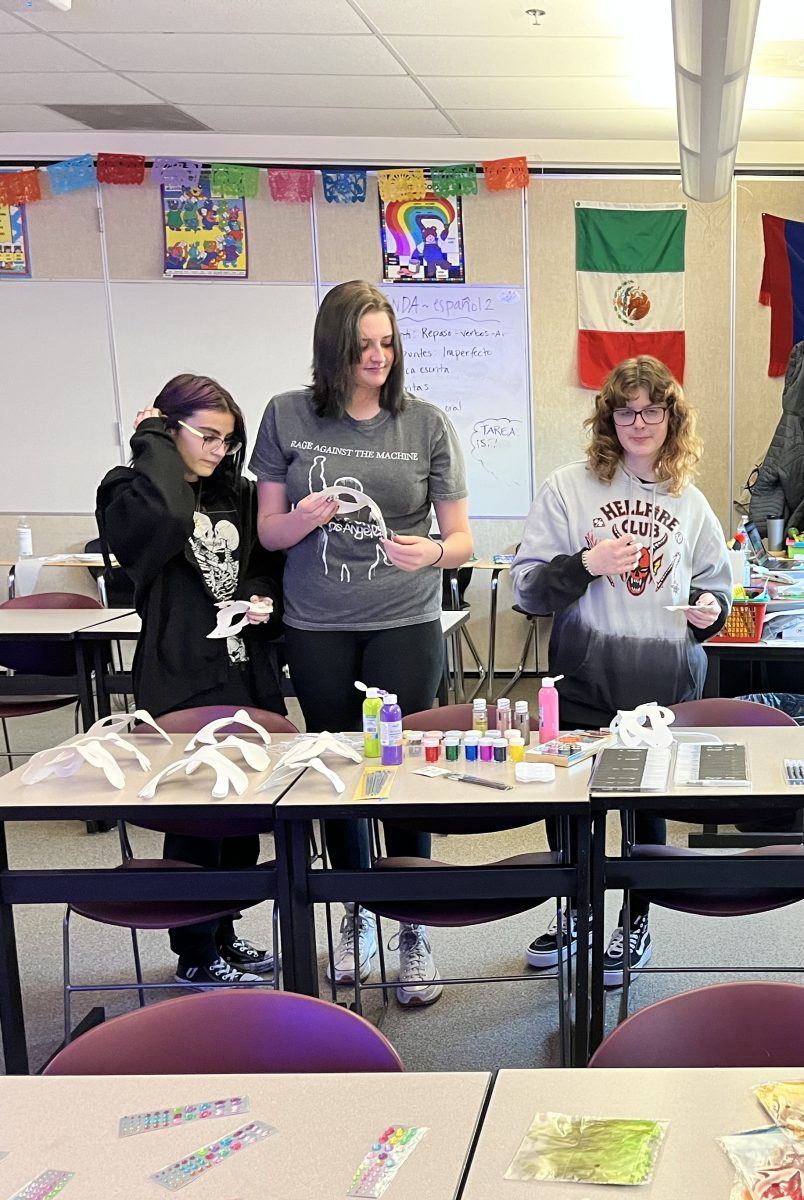



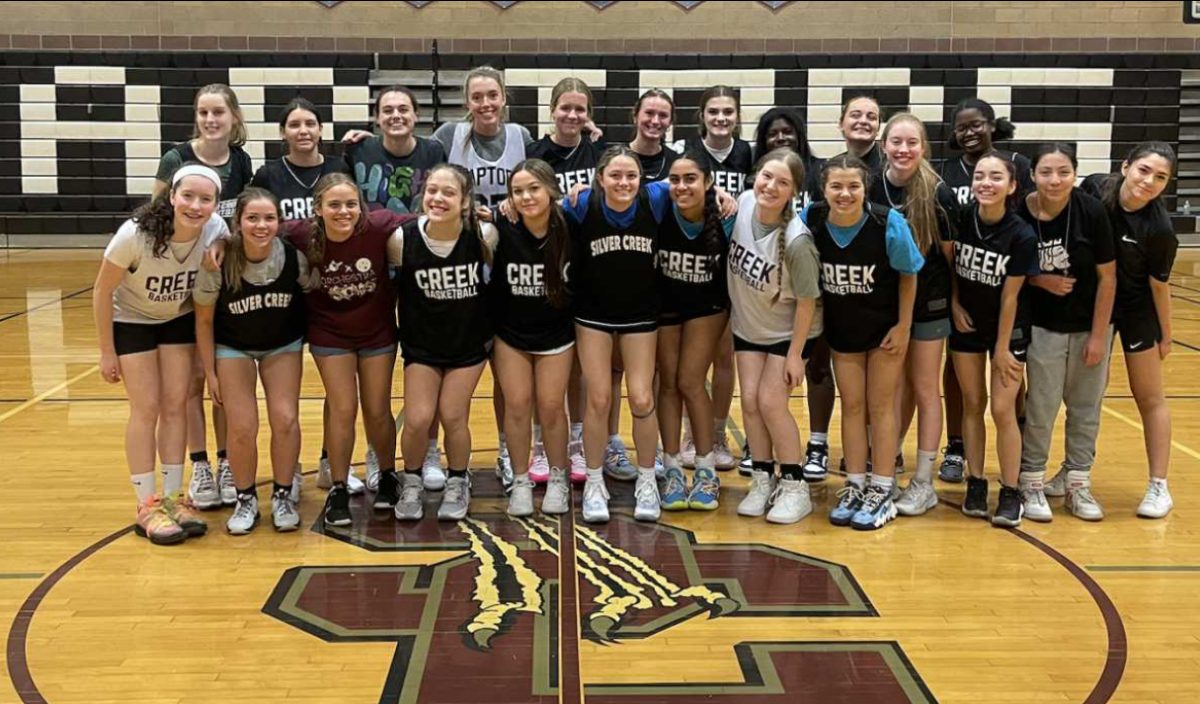

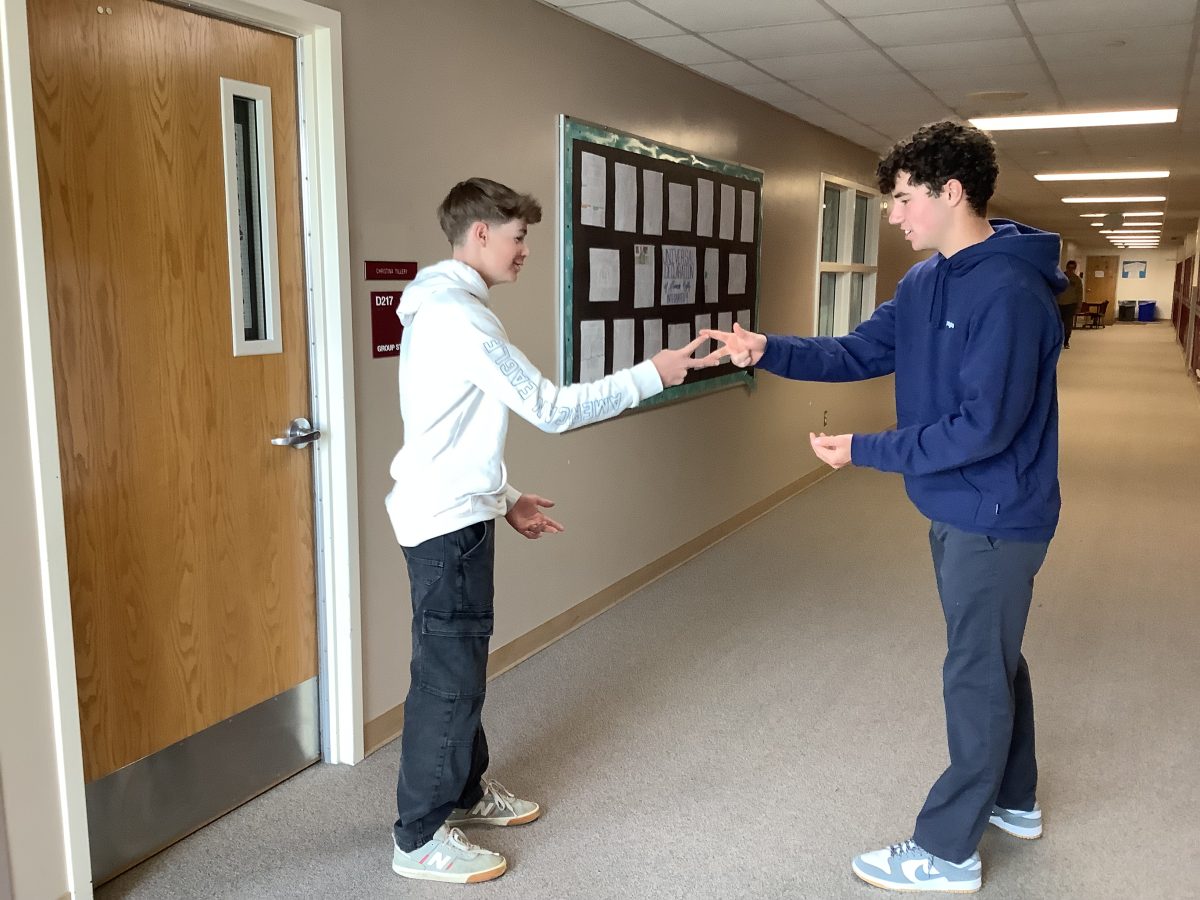



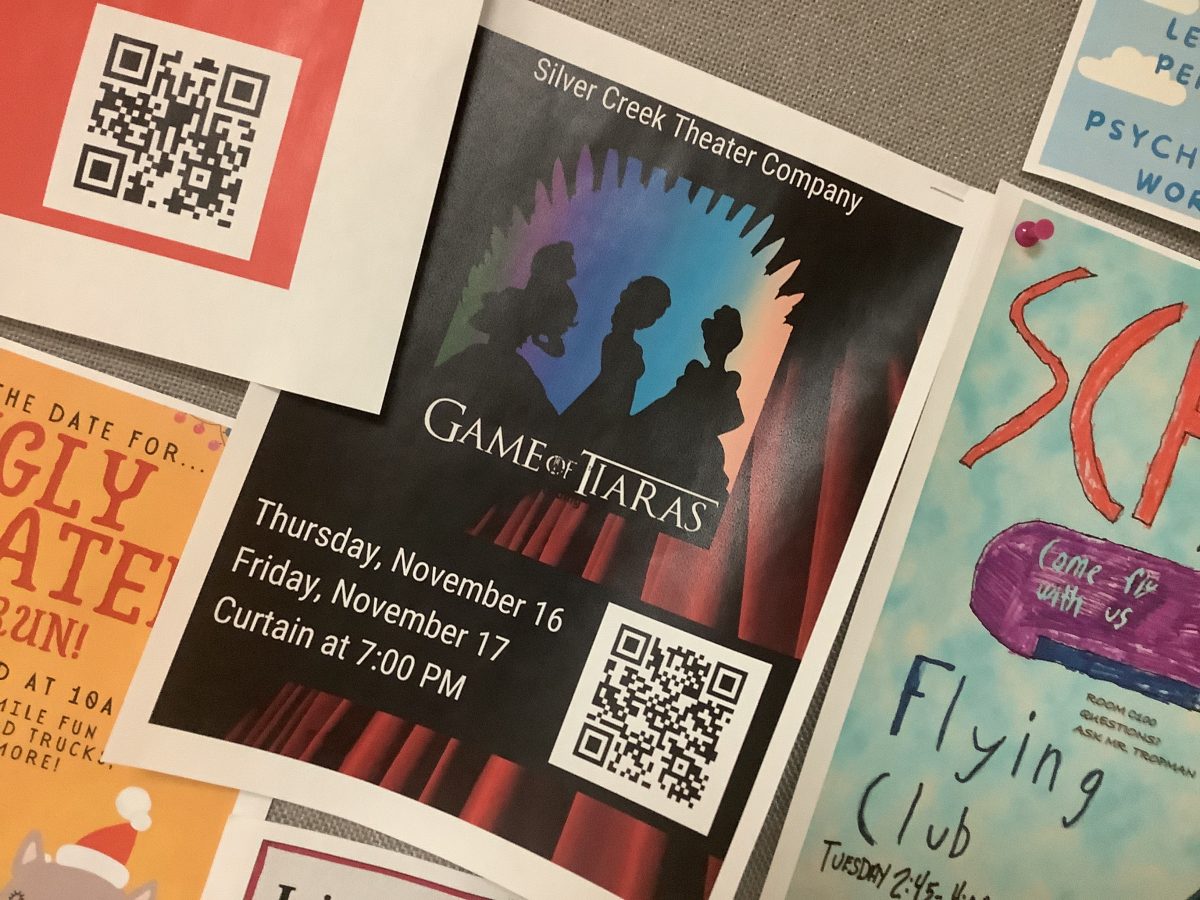

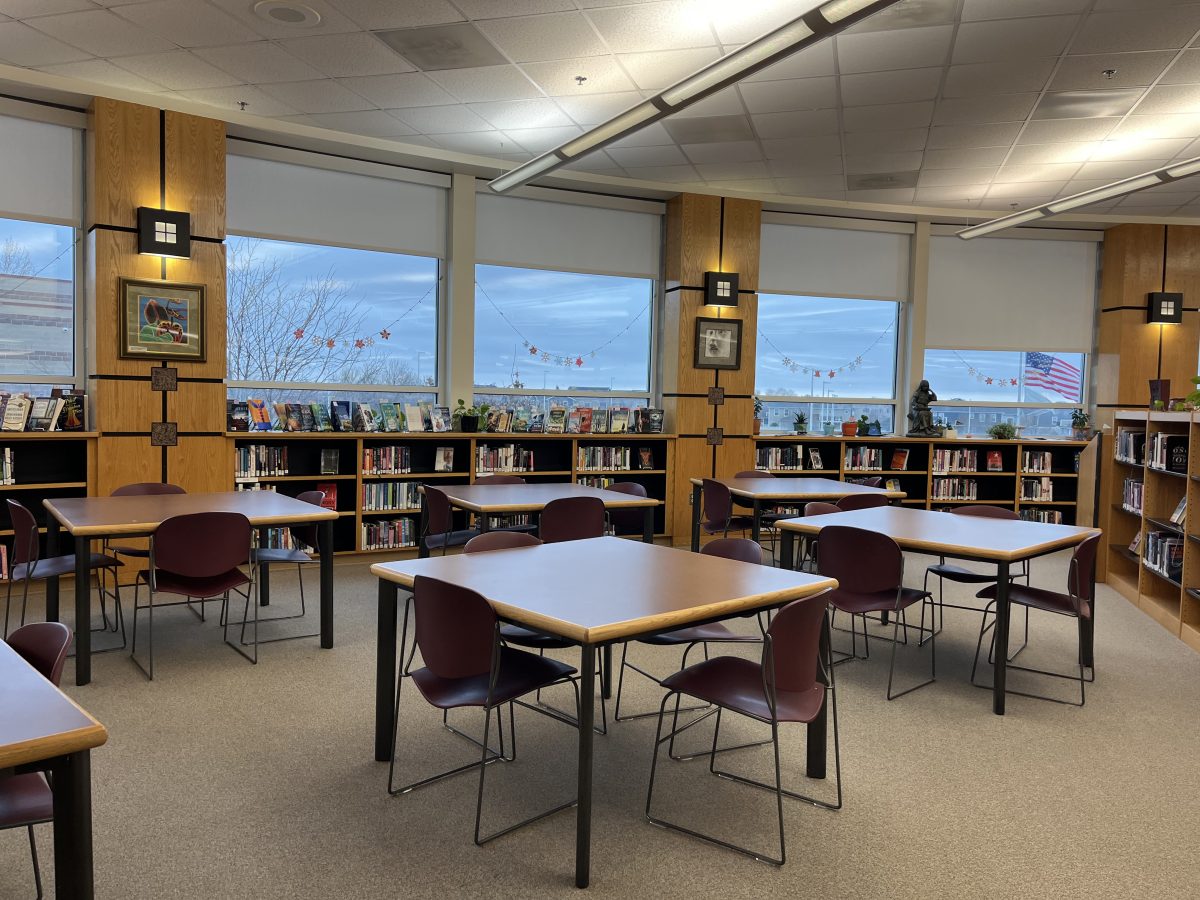


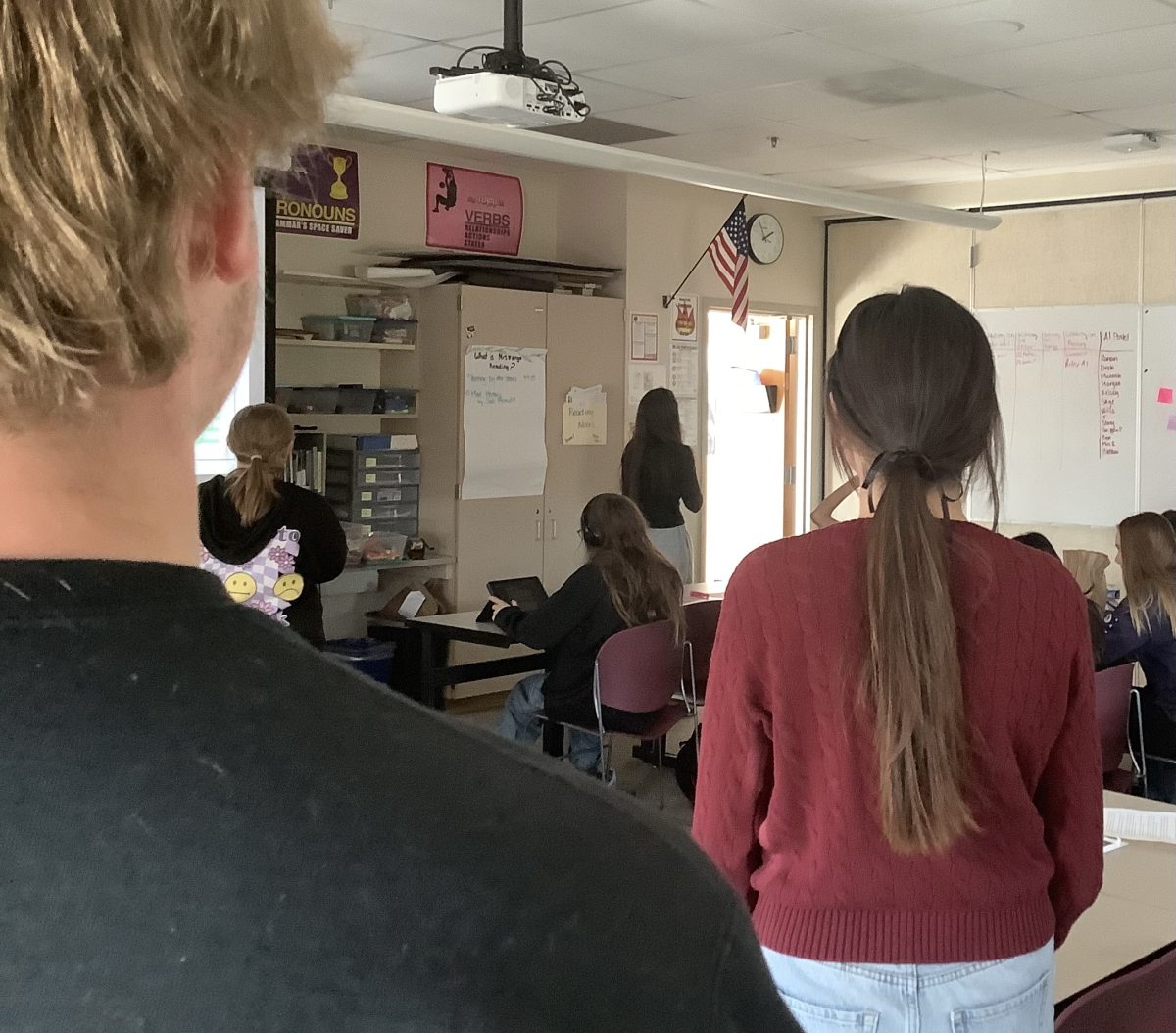

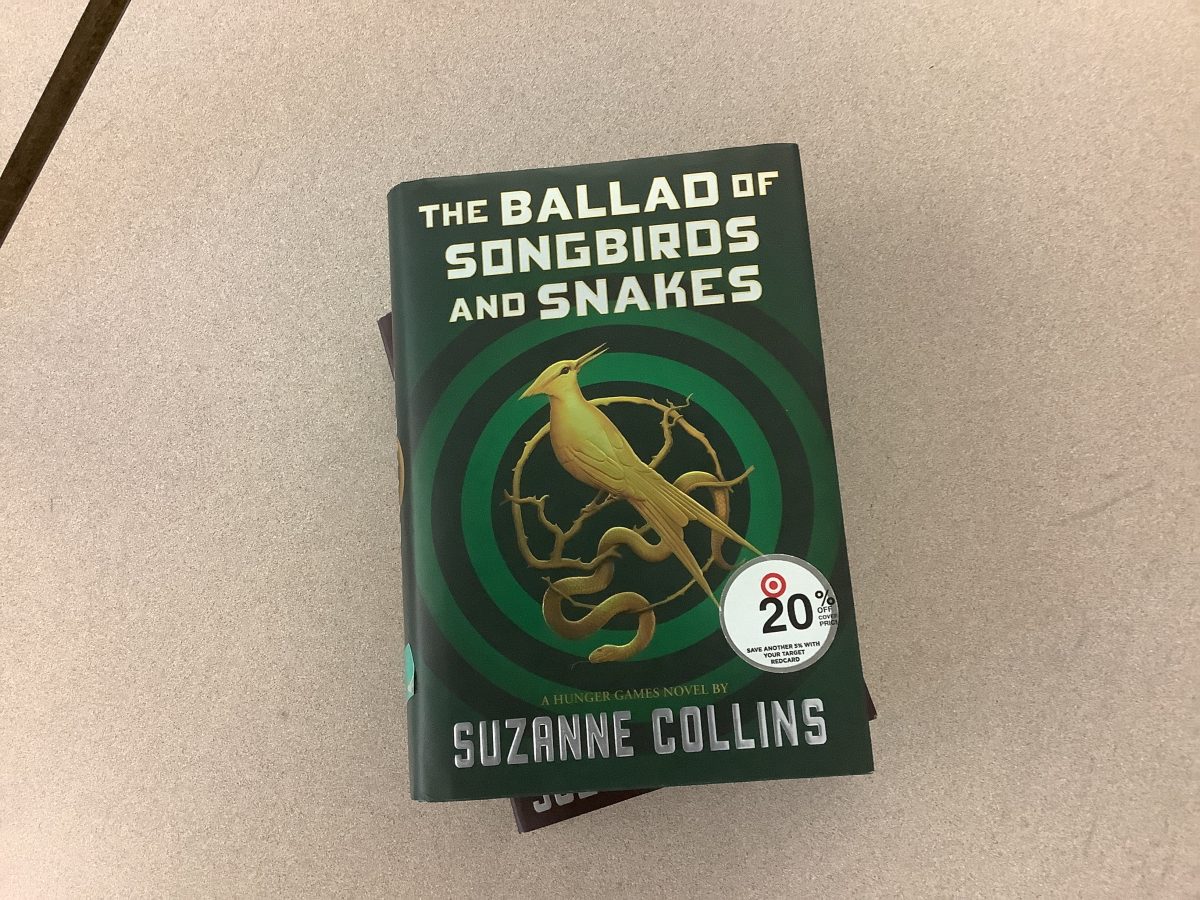

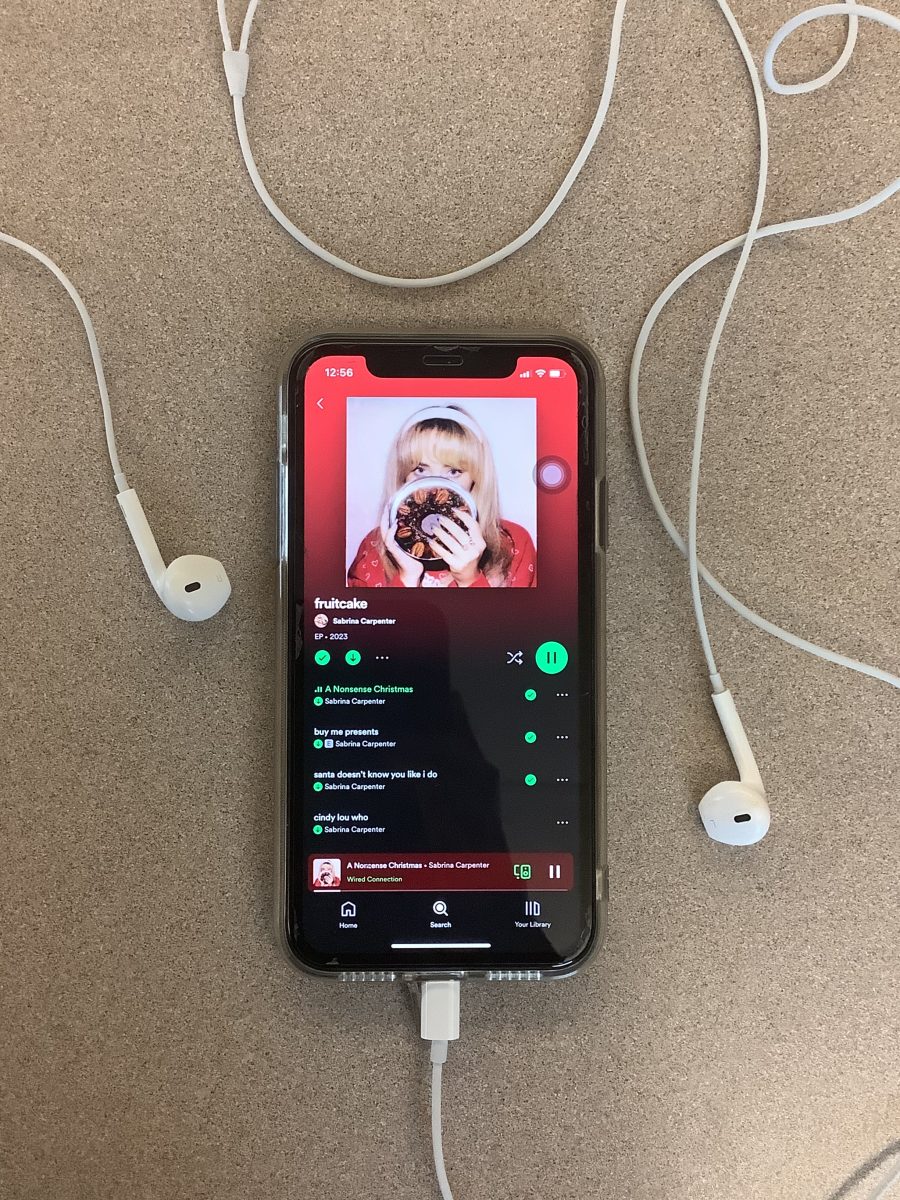


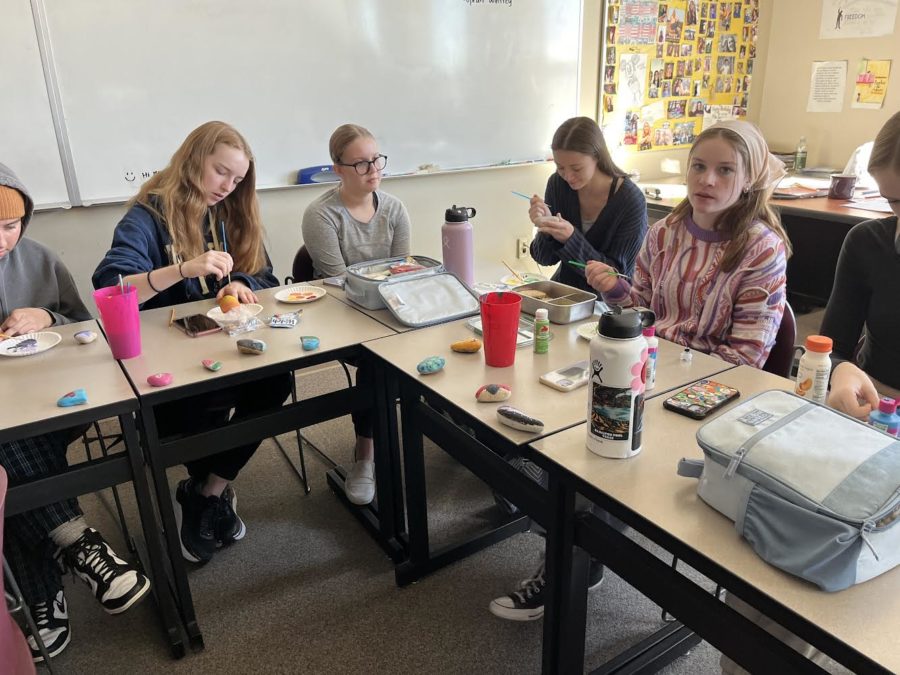

![[From Left] students Evy Deaton and Tyler Courtney sit near the front of D wing, doing class work.](https://schsnews.org/wp-content/uploads/2023/05/QC2oBNzi39goVNtXJdx8EO6jbLAJgntleYxRrxOW-900x675.jpg)
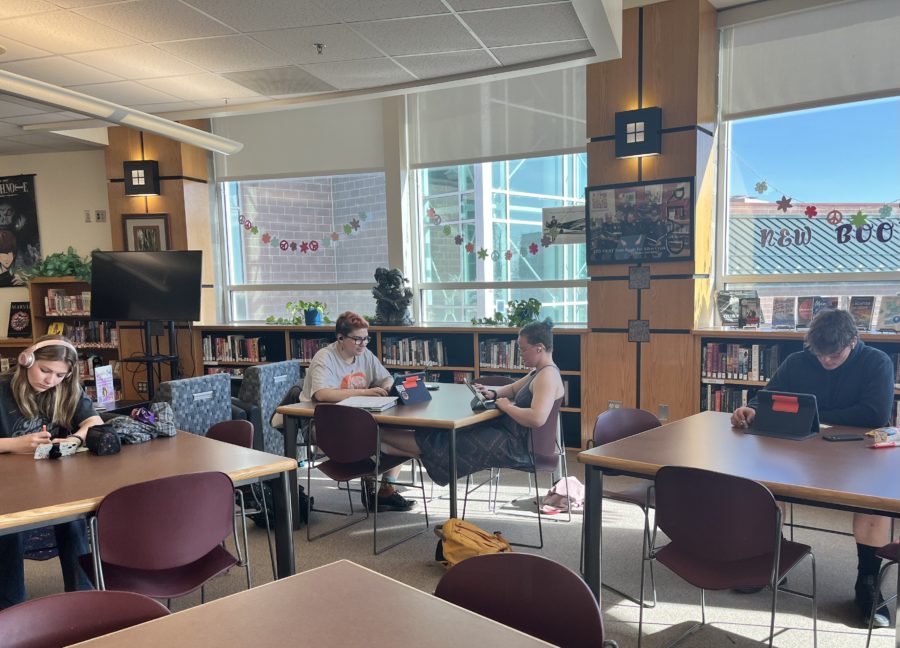
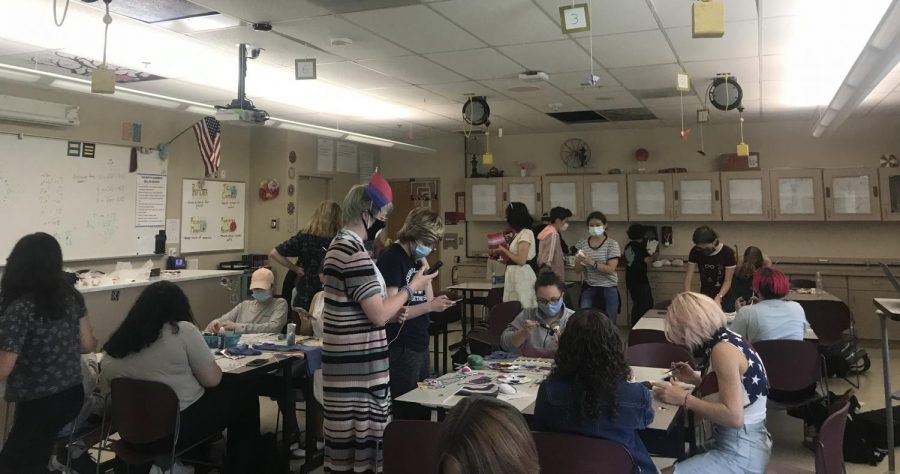
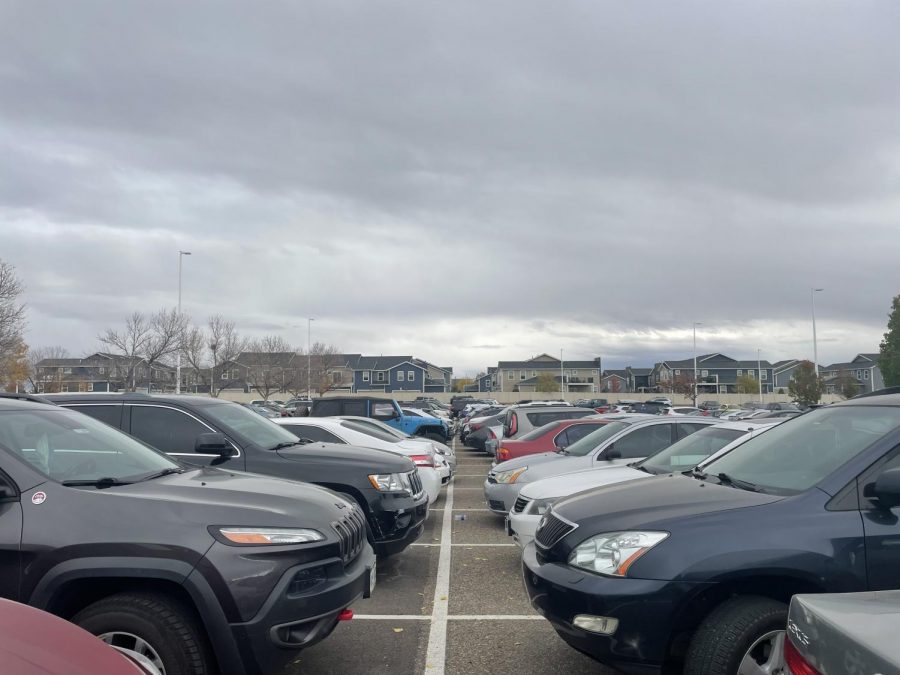
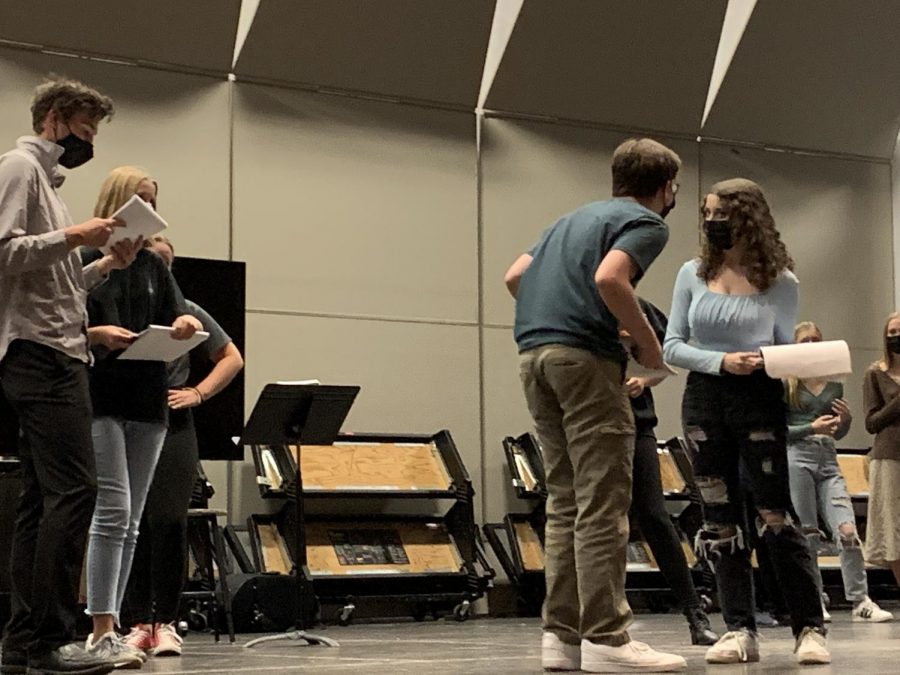
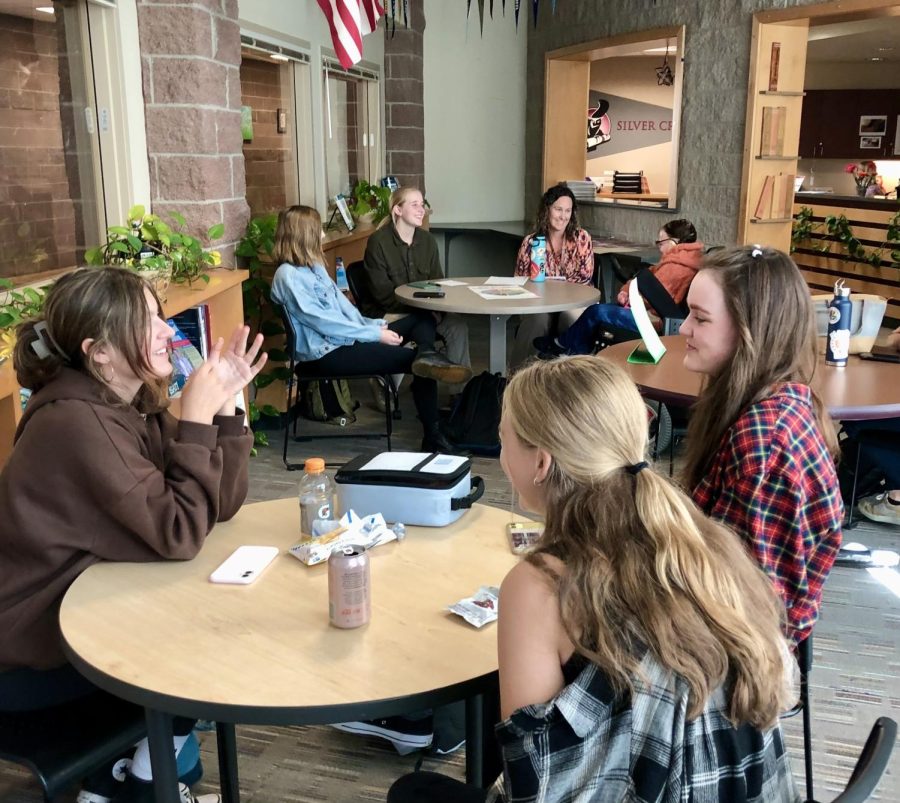
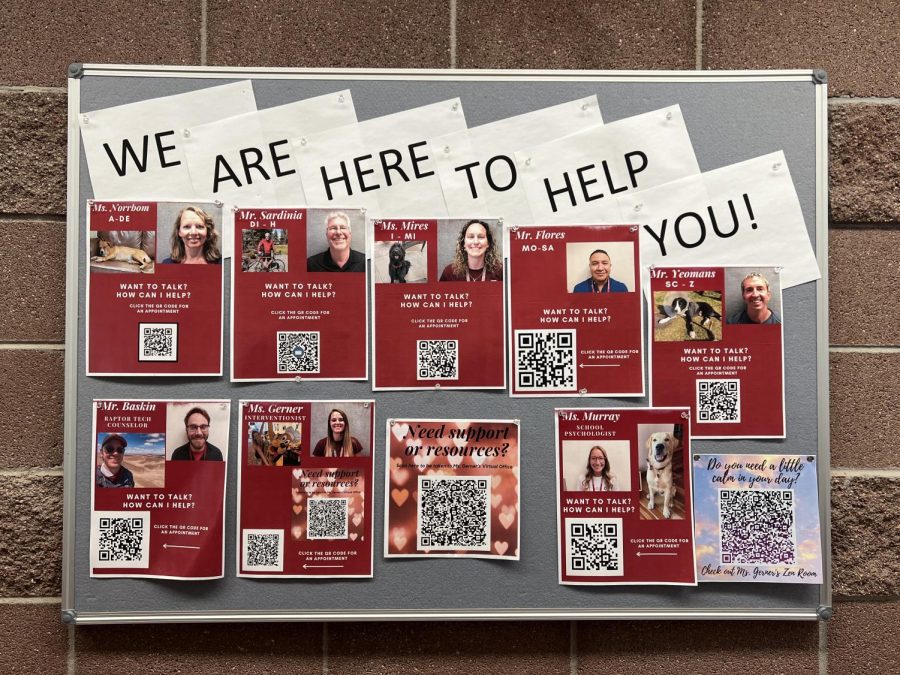
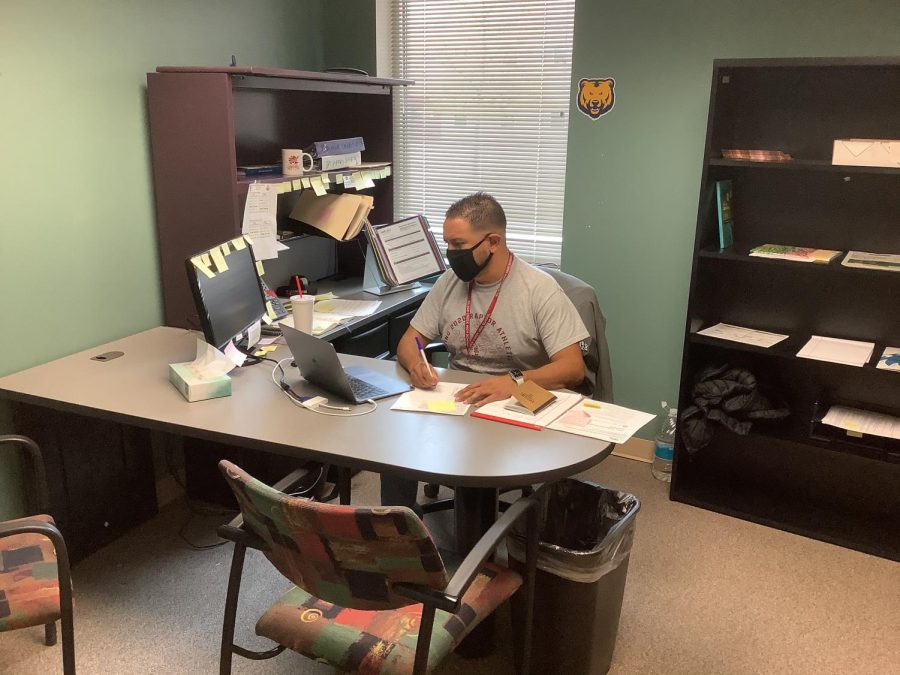

![Hosting the SCLA Casptone Mentor Dinner outside allowed for more attendees on September 27, 2021 at Silver Creek. This event would’ve usually been held inside. According to Lauren Kohn, a SCLA 12 teacher, “If we have a higher number of people, as long as we can host the event outside, then that seems to be keeping every[one] safe”.](https://schsnews.org/wp-content/uploads/2021/11/sxMAIGbSYGodZkqmrvTi5YWcJ1ssWA08ApkeMLpp-900x675.jpeg)
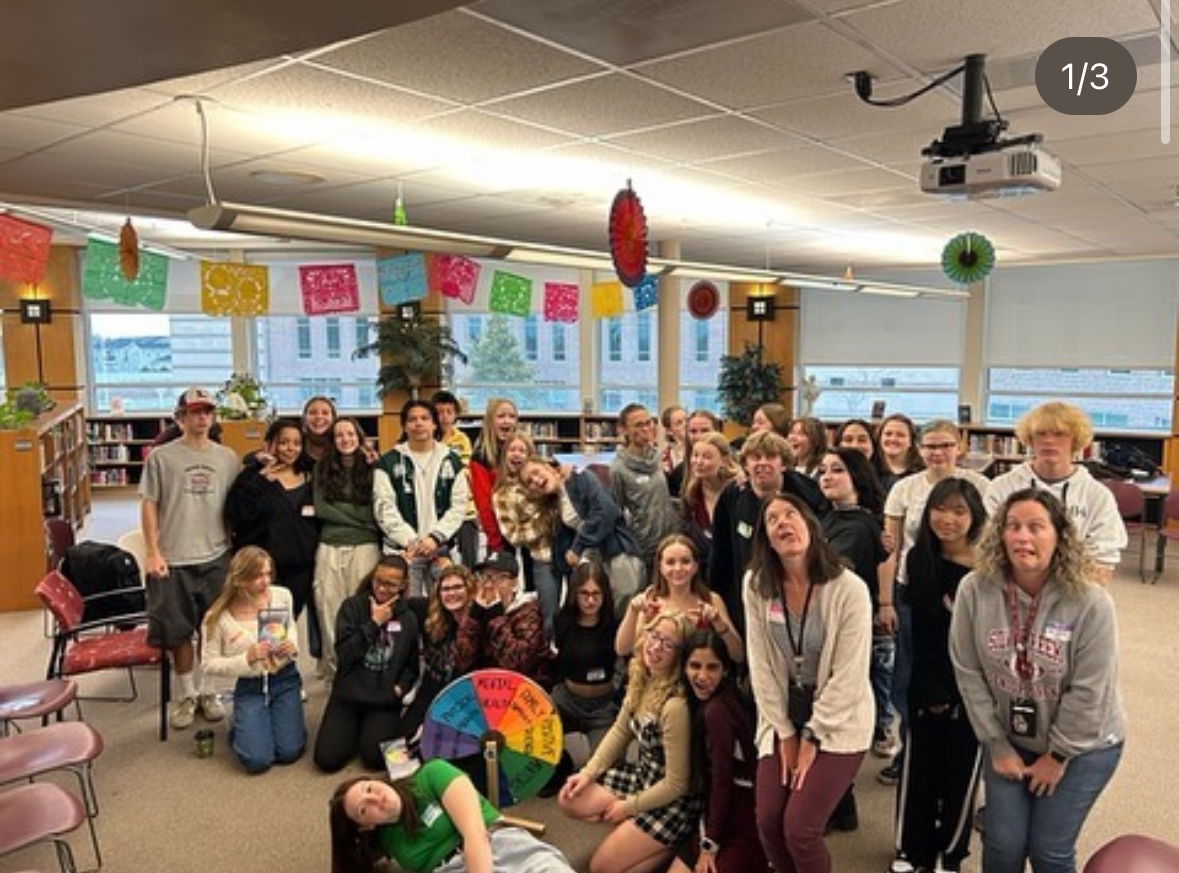
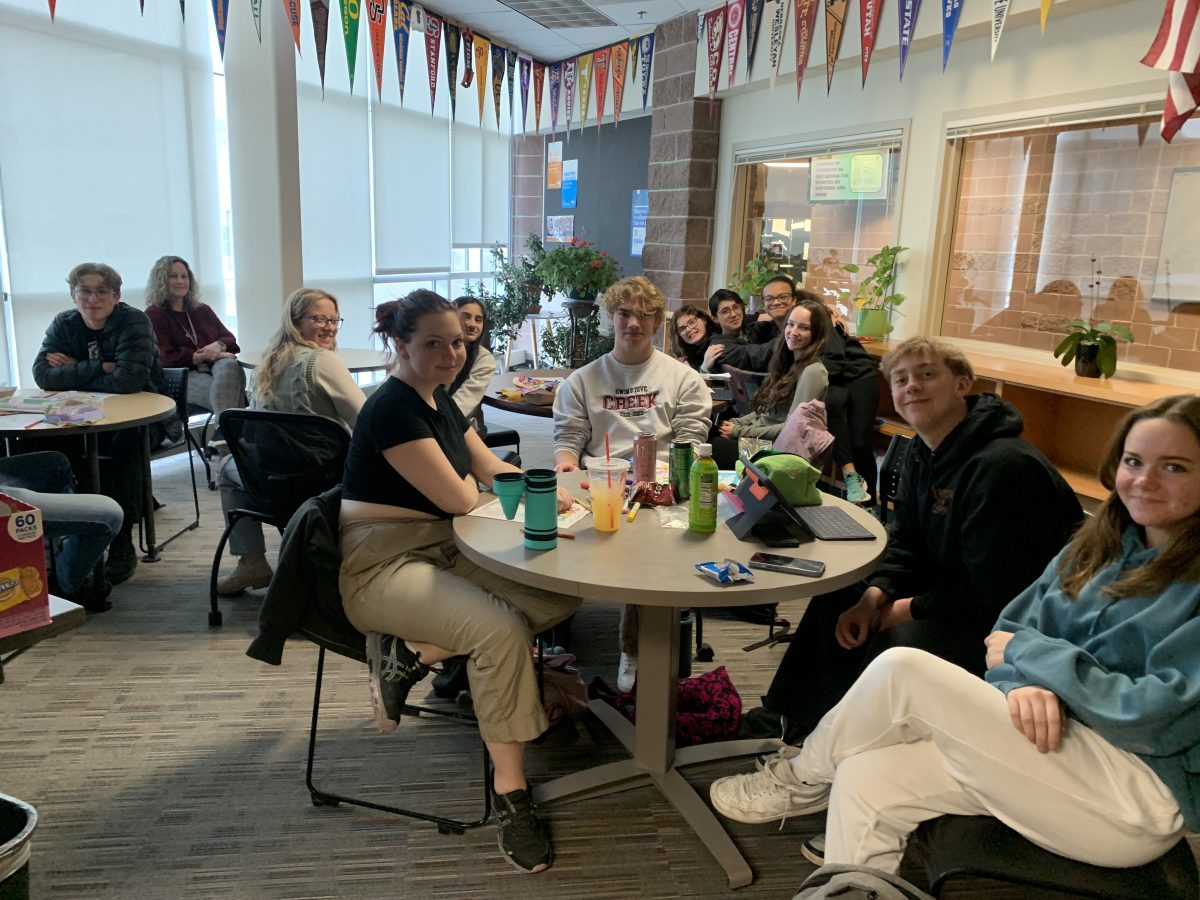
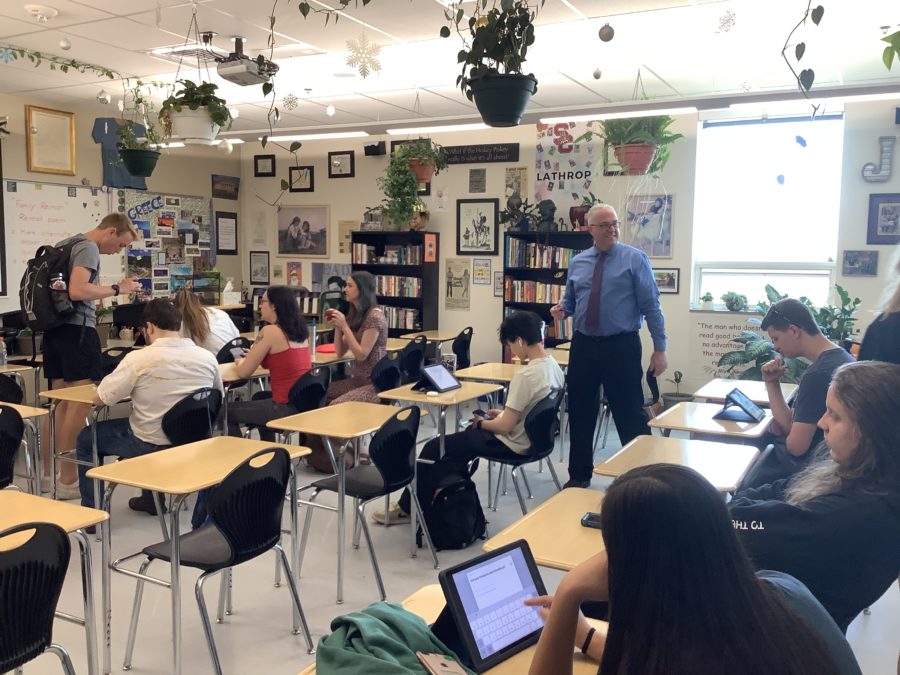



![[From Left] students Evy Deaton and Tyler Courtney sit near the front of D wing, doing class work.](https://schsnews.org/wp-content/uploads/2023/05/QC2oBNzi39goVNtXJdx8EO6jbLAJgntleYxRrxOW-475x356.jpg)
